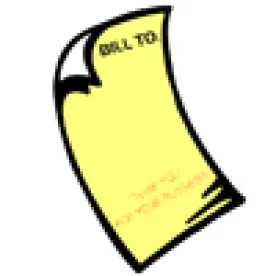What a medical provider lists as the charge for a particular service often bears no relationship to the actual amount paid by the patient or his insurer. Both private and government insurers negotiate with the medical providers to pay less than the “listed charge” for services, resulting in medical “write-downs” of expenses. Can a tort victim recover the listed charge as damages, or should the plaintiff be limited to recovering only those amounts actually paid? Both courts and state legislatures have taken up the issue.
Indiana is a leading state in suggesting that a plaintiff may be limited to recovering only those amounts actually paid, as court decisions have allowed evidence of medical write-downs. In October 2016 in Patchett v. Lee, the Indiana Supreme Court re-affirmed its decision in Stanley v. Walker, 906 N.E.2d 852 (Ind. 2009), concluding that reduced reimbursements are admissible evidence, even when a government provider negotiates or mandates the discount. In his first majority opinion for the court, Indiana Supreme Court Justice Geoffrey Slaughter provided a history of case law involving medical write-downs in the decision, noting that Delaware, Texas, California and Kansas allow evidence of the discounted amount paid to prove reasonable value of medical services.
In addition to court decisions on the issue, watch for action in state legislatures to match or supersede the common law. For example, earlier in 2016, Missouri passed legislation to allow a plaintiff to recover only the “actual cost” of medical care, which would be presented to the jury after adjustment for any contractual discounts, price reductions, or write-offs. Although the then-governor vetoed the bill, the Missouri speaker of the house recently included the legislation in his priority list for 2017. If passed, the bill would be sent to a new governor to sign.
As a practical tip, therefore, defense lawyers may want to consider asserting the medical write-down defense in an answer to avoid potential waiver. Even in states that have not adopted a rule similar to Indiana’s, consider adding a simple defense to preserve the issue that refers to plaintiff being entitled, if at all, only to the amount of medical expenses they actually paid or will pay.




 />i
/>i

